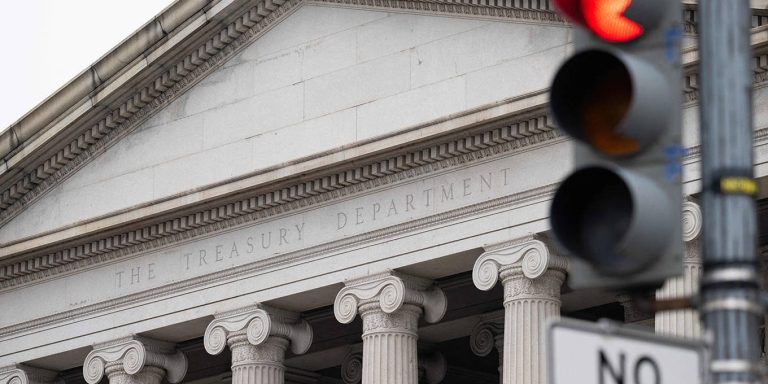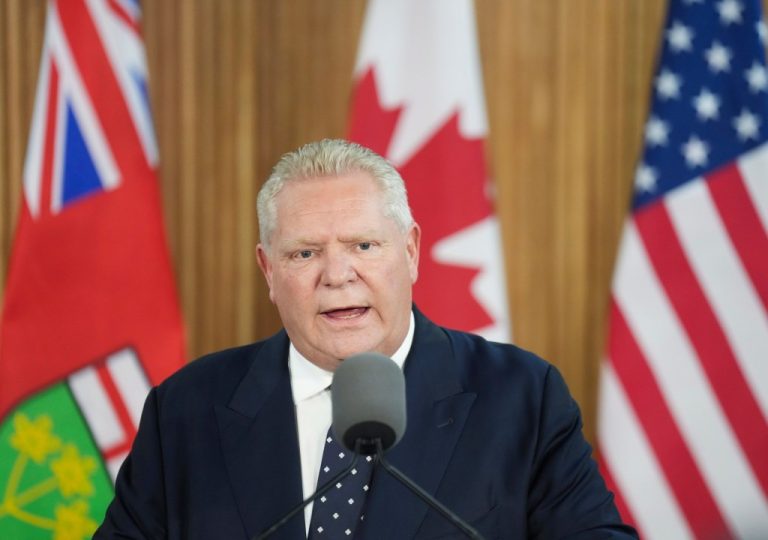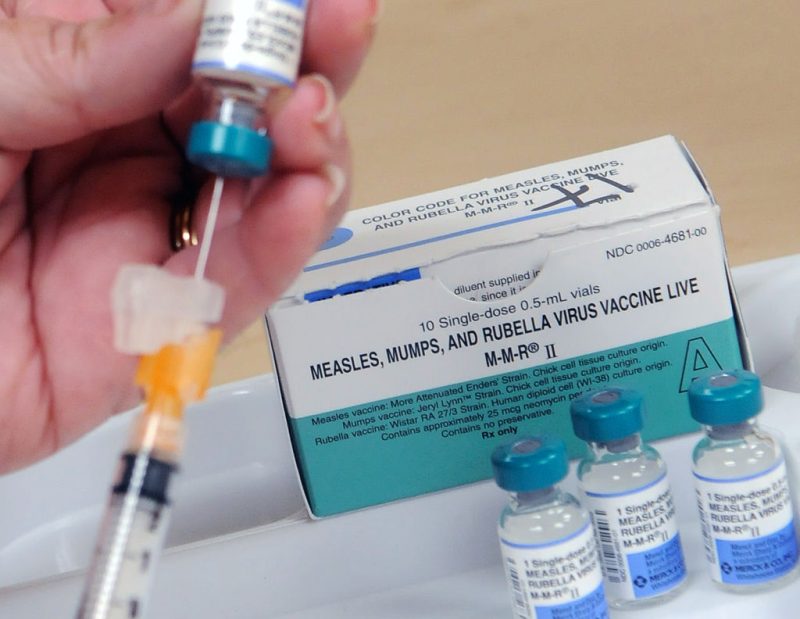
Three years after the emergence of a novel coronavirus brought the world to a standstill, the World Health Organization announced that covid-19 no longer represents a global health emergency.
Tedros Adhanom Ghebreyesus, director-general of WHO, said in a tweet that the organization’s covid emergency committee recommended “an end to the public health emergency of international concern” and that he accepted.
“With great hope I declare COVID-19 over as a global health emergency,” Ghebreyesus added.
The covid death rate has slowed from a peak of more than 100,000 people per week in January 2021 to just over 3,500 in the week to April 24th, 2023, per WHO data.
As of May 3rd, there have been over 765 million cases of covid globally, including more than 6.9 million deaths. In the US, 103 million cases have been reported and 1.1 million deaths. As of April 30th, a total of 13.3 billion vaccine doses have been administered worldwide.
The public health emergency may be over, but covid is still a threat, especially to vulnerable populations like the elderly and people who are immunocompromised. There is also a great deal of uncertainty around long covid, in which the symptoms of the disease persist after the initial infection.
As of May 3rd, there have been over 765 million cases of covid globally
In some ways, the WHO’s declaration represents a symbolic end to a disease that has upended the world, triggering lockdowns and sending economies into free fall. Some nations have already made their own declarations about covid.
President Joe Biden said the pandemic was over back in September 2022, despite some health experts wondering whether it was too soon when the disease is still killing hundreds of people a day.








